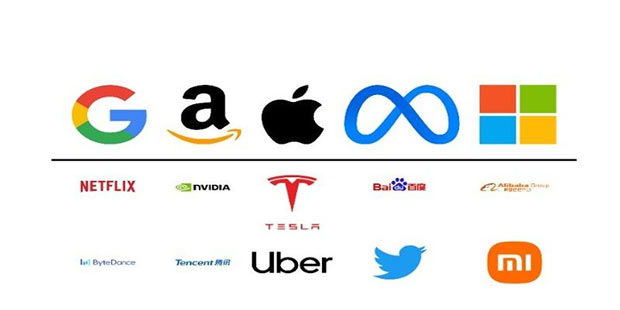
Business Credit Reports Vs. Consumer Credit Reports: An Overview

What Is an Adjustable-Rate Mortgage (ARM)?
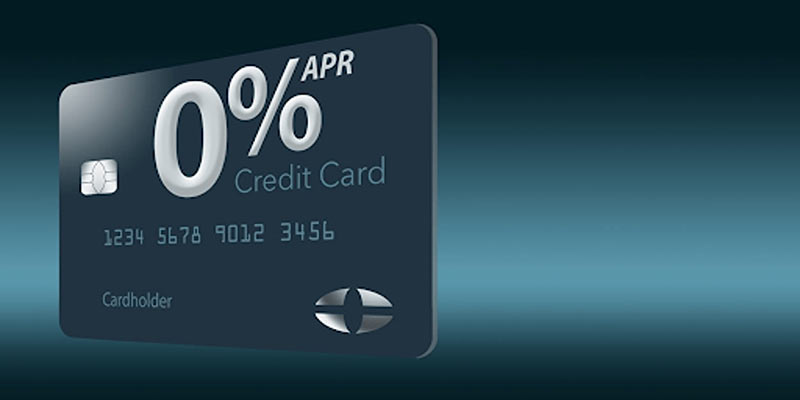
Best 0% APR Credit Cards
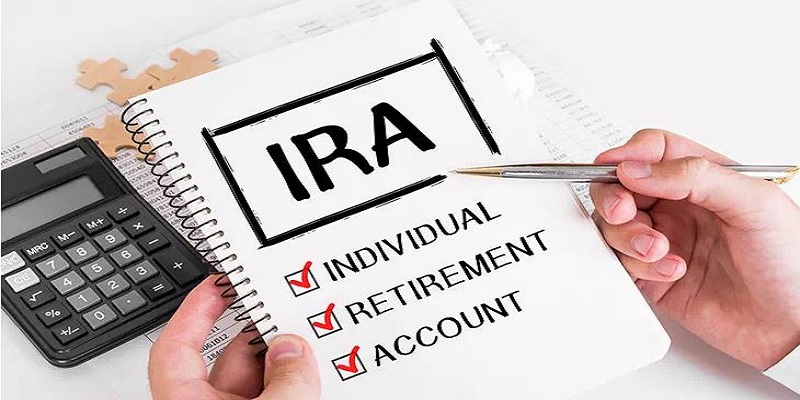
Best IRA Accounts
How to Choose Between an ETC and an ETF.
Sep 02, 2024 By Rick Novak
Choosing between an Exchange-Traded Fund (ETF) and an Exchange-Traded Commodity (ETC) can be a challenge, especially if you are new to the investing space. ETFs and ETCs offer investors access to a wide range of asset classes on recognized exchanges at minimal costs, but they also come with their own set of risks and rewards that must be carefully weighed before proceeding. In this article we will dive into the basics of ETFs and ETCs, examine some differences between them, discuss key factors to consider while deciding which one is right for you, and provide insights on how you can make smart investments in either type of fund so that your financial goals are achieved. With this comprehensive guide leading the way, selecting the best option for your investment portfolio won't feel so intimidating anymore!
Define the terms “ETF” and “ETC”.

An Exchange-Traded Fund (ETF) is an investment fund that holds a basket of securities and trades on major exchanges. Generally, ETFs are designed to track the performance of certain indices or sectors and offer investors diversification across multiple asset classes at low cost.
An Exchange-Traded Commodity (ETC) is similar to an ETF in that it is traded on a major exchange, but instead of tracking a stock or bond index, it invests in commodities such as gold, silver, oil and other natural resources. Both types of funds offer investors the potential for returns through dividends or capital appreciation.
Understand the differences between an ETF and ETC.
The main difference between an ETF and ETC is the asset class that they invest in. ETFs tend to be more diversified, as they invest in stocks, bonds and other instruments across multiple sectors or indices.
ETCs typically invest solely in the commodity that it is based on and may not offer investors diversification benefits. Another key distinction is cost - ETFs tend to be cheaper to invest in, as they are passively managed and incur lower trading costs.
ETCs may have higher management fees as they actively manage their investments and often hold a portfolio of multiple commodities. Additionally, tax treatment may vary between the two types of funds - ETFs are generally treated as mutual funds for tax purposes, while ETCs may be subject to additional taxes due to their focus on commodities.
Consider the factors that go into choosing between an ETC and ETF.

When it comes to selecting between an ETF and ETC, investors must consider a number of factors including their risk tolerance, investment goals, cost considerations and tax implications.
For investors looking to diversify their portfolios, ETFs may be the better option as they provide exposure to multiple asset classes at a lower cost than ETCs. For those seeking exposure to specific commodities such as gold or oil, an ETC may be the right choice.
Cost is also an important factor - while both types of funds generally have low costs, ETFs tend to be cheaper due to their passive management style. Moreover, given that ETFs are treated as mutual funds for tax purposes, investors may be able to benefit from more favorable tax treatment than with ETCs.
Compare fees, liquidity, flexibility, and other factors.
When comparing ETFs and ETCs, investors must also take into account a variety of other factors such as fees, liquidity, flexibility and more.
For instance, while ETFs generally have lower management expenses due to passive management styles, some may charge higher fees than others - so it's important to compare costs before investing. Additionally, liquidity is an important consideration - ETFs tend to be more liquid than ETCs as they are traded on larger exchanges.
Decide which type of product is best for you.
Ultimately, the choice between an ETF and ETC is a personal one that should be based on your individual investment goals and risk tolerance. Fortunately, there are many resources available to help you make an informed decision - from online tutorials to comprehensive guides written by financial professionals. With this information in hand, selecting the best product for your portfolio will become much easier.
No matter which product you choose, make sure to do your research and understand the risks associated with each before investing. This way, you can be confident that whatever decision you make is a smart one for your financial future.
Conclusion:
Ultimately, choosing between an ETF and ETC is a personal decision that must be based on individual goals and risk tolerance. Be sure to compare fees, liquidity, and flexibility of each product before investing so you can make the best choice for your financial future. With the right knowledge in hand, selecting the right investment type will become much easier. By doing your research and understanding the associated risks, you can be confident that whichever product you choose will lead to success.
FAQs:
What is the difference between an ETF and an ETC?
The primary difference between an ETF and an ETC is their underlying assets - ETFs generally have a wider portfolio of investments that can include stocks, bonds and other asset classes, while ETCs tend to focus solely on one commodity. Additionally, ETFs are typically traded on larger exchanges, making them more liquid than ETCs.
What factors should I consider when choosing between an ETF and an ETC?
When selecting between an ETF and an ETC, investors must consider a variety of factors such as their risk tolerance, investment goals, cost considerations and tax implications. Additionally, compare fees, liquidity, flexibility and other factors to make sure you are making the best decision for your portfolio.
Are ETFs or ETCs better for diversification?
ETFs may be the better option for investors looking to diversify their portfolios as they provide exposure to multiple asset classes at a lower cost than ETCs. Additionally, ETFs are generally more liquid than ETCs, providing investors with an easier way to manage their investments.
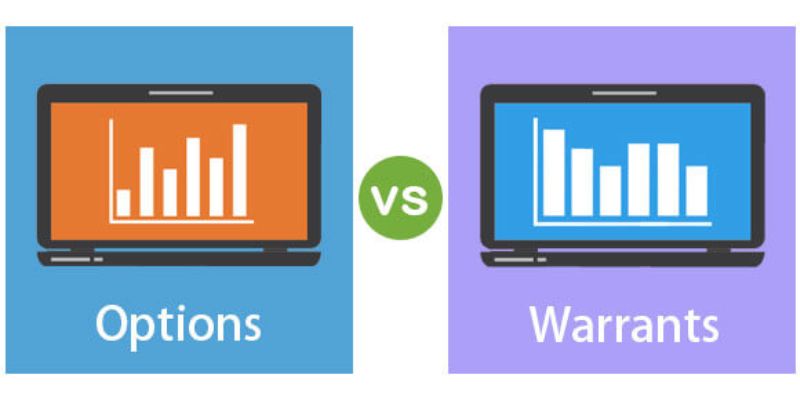
Understanding Warrants and Call Options

How to Calculate Adjusted Gross Income (AGI) for Tax Purposes

Deciding on a Personal Loan: A Student's Guide

APR vs. APY: A Complete Comparison

A Review of the First Premier Mastercard
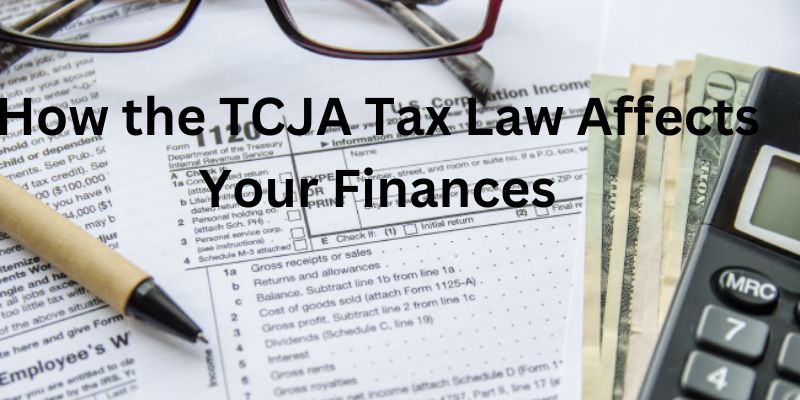
How the TCJA Tax Law Affects Your Personal Finances

Understanding Beneficiaries in Checking Accounts
